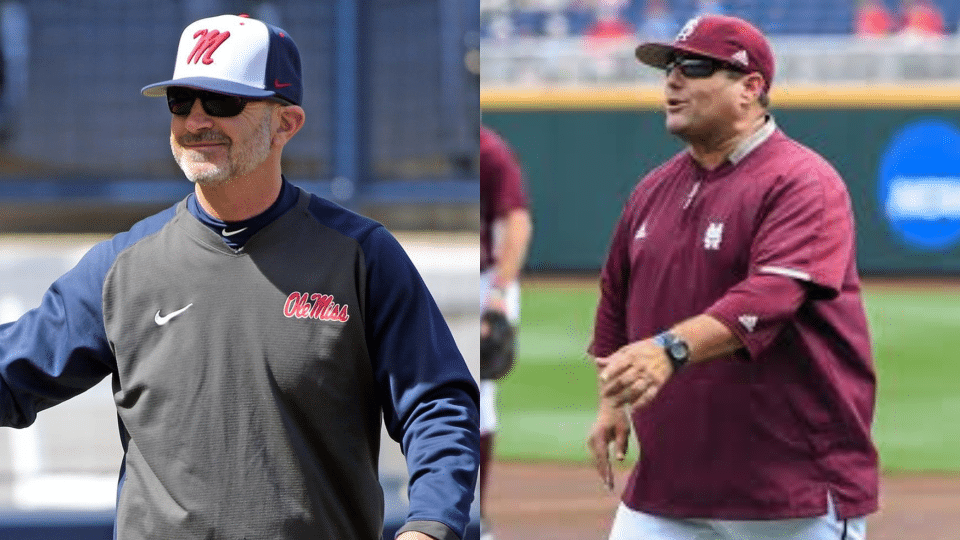The NCAA has made significant changes to college baseball’s recruiting process, establishing a timeframe for when coaches can legally reach out to a high school prospect.
Below are the updated recruiting rules for college baseball coaches.
September 1 of a high school student’s junior year:
- College coaches can begin sending all forms of communications to student-athletes, ranging from emails and texts to direct messages on social media and phone calls
- Student-athletes and their parents can begin taking official visits. Per NCAA rules, athletes can take no more than five official visits to D1 schools. Only one official visit is allowed per school.
- Athletes can coordinate unofficial visits with a school’s athletic department to meet and have recruiting conversations with the coach, coaching staff, and players while on campus.
July 1 before the prospect’s senior year of high school:
- College coaches can begin making off-campus visits to student-athletes at their home or school.
As programs across the country adjust to the new recruiting regulations – which are intended to create parity in recruiting – Mississippi’s national championship-winning coaches recently voiced their opinions on the changes during an episode of SportsTalk Mississippi.
Mike Bianco, Ole Miss
Ole Miss head coach Mike Bianco expressed agreement with the new rule. He appreciates the idea of recruiting one class at a time instead of having to cater to a younger group of teens who still have multiple years of high school remaining before having to commit to a college program.
“I understand it and I respect it … I think most college coaches would prefer to be back like it was 15-20 years ago when you were recruiting one class rather than four, and now when you throw on top of it you’ve got the transfer portal and NIL, there’s a lot to juggle throughout the recruiting process and trying to put together a roster.”
Though Bianco is in favor of the new rule, he would like to see the NCAA find a way to enforce strict penalties for violators.
“I’m just hopeful that if you’re going to put all of these rules in, that you’re going to be really strict if you find out that people are breaking the rules … I think a lot of times when you make rules, people try to push right up against rules or even right past the rules.”
Chris Lemonis, Mississippi State
Mississippi State head coach Chris Lemonis shared similar sentiments as Bianco. Lemonis appreciates that the new rule will allow himself and his staff to dedicate more time to one specific recruiting class as well as their existing roster.
“I think it’s going to slow down recruiting. That’s the purpose of it. I like it … It gives some of your life back to your coaches. It’s hard to recruit a senior class and a junior class. Could you imagine sophomores and freshmen? That goes all the way down and you have to call them and talk to them and see them at tournaments. It’s a lot. Maybe the focus can come back to the athletes we have on campus a little bit more.”
As for younger recruits, Lemonis says that coaches can watch their games and the players can spectate matches at Dudy Noble Field as long as there is no direct communication between a MSU coach and a high school underclassman.
“We’ll be able to watch them play and they’ll still let them come to our games … they’ll stay committed and we’ll stay committed to them.”




